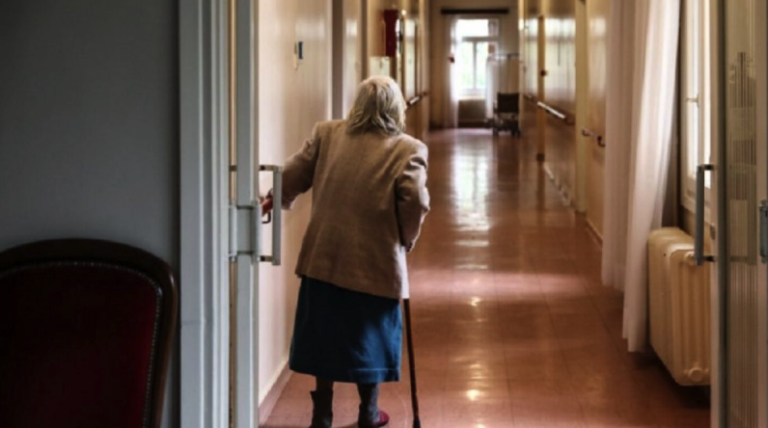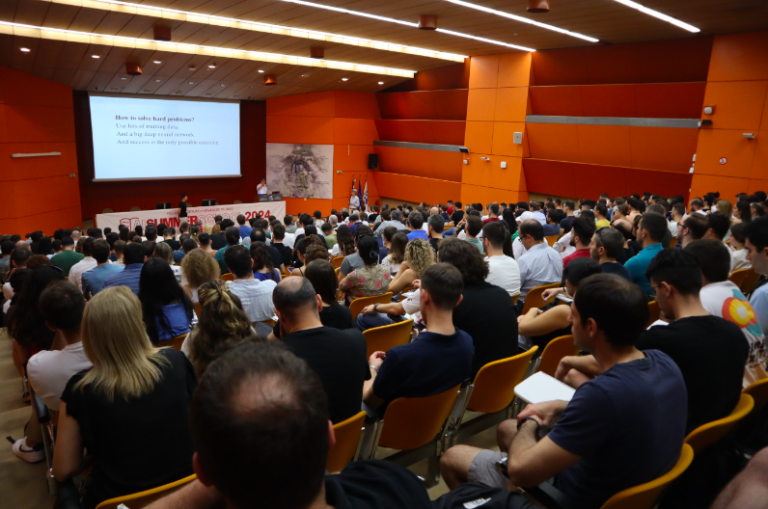The ‘high-profile’ trial of those responsible for the nursing home in Thessaloniki, where in August 2020 there was a spate of cases of coronavirus, resulting in 28 elderly people losing their lives from complications linked to the pandemic, began today.
The Thessaloniki Mixed Jury Court was constituted today to adjourn and will resume its sessions from tomorrow, which will last at least until the end of June, as the evidentiary process is expected to be lengthy, given that dozens of witnesses will be examined.
A large number of victims’ relatives filled the courtroom of the MOC early on and are expected to be present throughout the evidentiary process, as they will be called to testify themselves.
Sitting in the dock are the two managing directors of the nursing home (brothers), the former as the person in charge of scientific matters and the latter in charge of administrative matters.
The charge against them is that of breaching measures for the prevention of diseases which resulted in the death of a large number of people.
The indictment includes more than 70 witnesses, including relatives of the elderly, forensic experts, scientists, etc. The indictment by which they were brought to trial is based on the conclusions of an investigation carried out by inspectors from the National Transparency Authority, which was prompted by a public prosecutor’s investigation.
EBRD: Forecasts for the Greek economy – Growth of 2.3% in 2024 and 2.6% in 2025
According to the verdict, a series of violations of the preventive measures against the spread of the coronavirus were found in this nursing home, such as overcrowding (156 instead of 88), failure to observe the distances in the rooms where the elderly are accommodated and in the common areas, failure to carry out preventive molecular tests for the detection of the virus, etc.
The two defendants, who were released after their pleas, deny the charge against them and appear to maintain that they had taken all the necessary measures to prevent and limit the spread of the virus and that there was no unjustified excess in the number of persons in their care.
Ask me anything
Explore related questions





